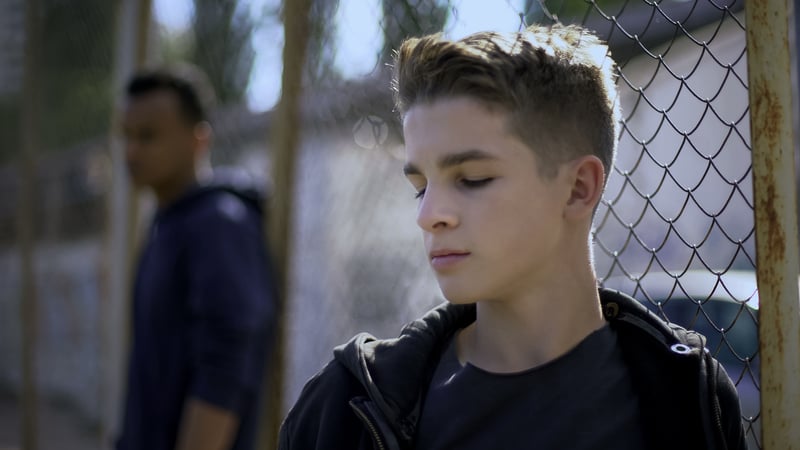
COVID-19 Diagnoses in Juvenile Facilities
Known Cases as of June 24
658 youth, 771 staff
Annie E. Casey Foundation
“If there was ever a good time to make sure that not a single young person spends a single day in detention or placement unless there is an immediate and severe risk to community safety, this is it,” says Nate Balis, director of the Annie E. Casey Foundation’s Juvenile Justice Strategy Group. “This is the time for juvenile justice agencies to scrutinize every detention and placement decision and to review — if not reconsider — every policy that leans toward confinement.”
Center for Children’s Law and Policy
“As states across the country have closed schools and canceled events to protect young people, youth in the justice system should not be left behind in public health efforts,” notes Mark Soler, executive director for the Center for Children’s Law and Policy.
What These Advocates Are Saying
Casey joins the Center for Children’s Law and Policy in promoting four important steps that juvenile justice agencies can take to help to limit the spread of COVID-19. These four steps are:
- Stop new admissions to juvenile detention, correctional and placement facilities. Unless youth pose an immediate and substantial risk to public safety, alternatives to out-of-home placements — including placement at home with terms and conditions — should be the default response.
- Release young people from secure and group care settings as quickly and safely as possible. This includes utilizing pre- and post-adjudication processes and policies to release youth who do not pose an immediate and substantial public safety risk. Agency officials will need to take steps to ensure that these youth have their basic needs met, including access to safe housing and medical care.
- Provide meaningful and developmentally appropriate supports and services to the small number of young people remaining in out-of-home confinement. Agency officials should offer these youth relevant, educational programming as well as free, unlimited calls or video chats with supportive individuals.
- Suspend requirements that are at odds with public health recommendations for youth who are on probation or some form of community supervision. Given the potential health risks of contact, any necessary interactions with probation officers or others should be done by phone or video conference, and technical violations of probation — missing a drug test or the like — should not result in youth going to court, let alone being incarcerated or placed out of home.
Additional Alternative Support Measures
The pandemic-related discussion by juvenile justice advocates includes the use of these alternative support measures:
- Utilizing videoconferencing in juvenile court hearings.
- Eliminating fines and fees given financial strains on families during the pandemic.
- Managing and motivating at-risk front-line staff who must report to facilities.
After COVID-19
Juvenile courts and probation agencies are experimenting with approaches that could leave the field stronger after the pandemic. The Annie E. Casey Foundation and its partners in juvenile justice advocacy suggest the following further initiatives:- Divert youth from the court system when they are accused of less serious offenses.
- Avoid filing violations for behavior that breaks rules, not laws.
- Probation systems should consider terminating supervision when youth are near the end of their probation term, having demonstrated they can succeed on their own.
- Expand access to technology to support a youth’s transition to independence.
Tireless Advocacy
Juvenile justice advocates like the Annie E. Casey Foundation and the Center for Children’s Law and Policy continue to work tirelessly to change juvenile justice from an adult criminal justice model to a model that saves youth from condemnation to a lifetime in the criminal justice system.
Guide to Nonprofit "Electronic" Case Management
If you want more control and efficiency built into your case management system but think your options are very limited, then check out our UNOFFICIAL Guide to Nonprofit "Electronic" Case Management HERE .


